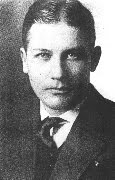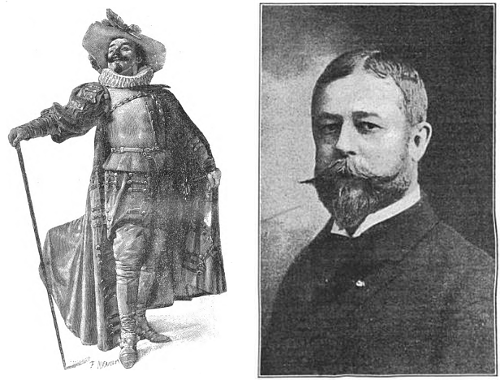
Entomologist Alexandre Girault expressed himself in his work. Of the 500 genera he named, many honored artists, poets, and writers whom he admired: Davincia, Shakespearia, Beethovena, Mozartella, Emersonia, Raphaelana, Ovidia, Goetheana, Thoreauella, Tennysoniana, Bachiana, Keatsia, Plutarchia, Schilleria, Aeschylia, Aligheria, Thalesanna, Rubensteina, Carlyleia, Herodotia, Cowperella, and Froudeana.
To mock his supervisor Johann Illingworth, he invented a parasitic mymarid wasp, Shillingsworthia shillingsworthi, which he described as an ephemeral creature lacking a head, abdomen, or mandibles and found only in “the chasms of Jupiter” — in other words, a nonentity. He called it “an airy species whose flight cannot be followed except by the winged mind.”
He understood even women through entomology — one of his privately printed works describes a new species of human, Homo perniciosus, known only from the female sex:
Abnormal female (loveless, without offspring); heart functionless; mammae aborted; psychology novel (as supposed) but artificial; gay, high-coloured, feral, brass-cheeked, shape lovely like Woman but nature hard (selfless, thoughtless, proud, unsympathetic, irresponsible, aggressive, irritant, insensible, luxurious, pugnacious, over-active, inquisitive, mischievous, voracious and even carnivorous; antagonistic, ungentle, immodest, critical, competitive, poisonous); conduct unstable (even inclined to treachery), the lips compressed, body strong. Everywhere but rare in natural habitat.
He was prickly, but he was dedicated — he published much of his work at his own expense, and many of his type specimens are retained today by the Queensland Museum. “Research is a labour of love,” he wrote. “Strange then to find it all done nowadays as a labour of wages! Must love, too, be a matter of cash?”











